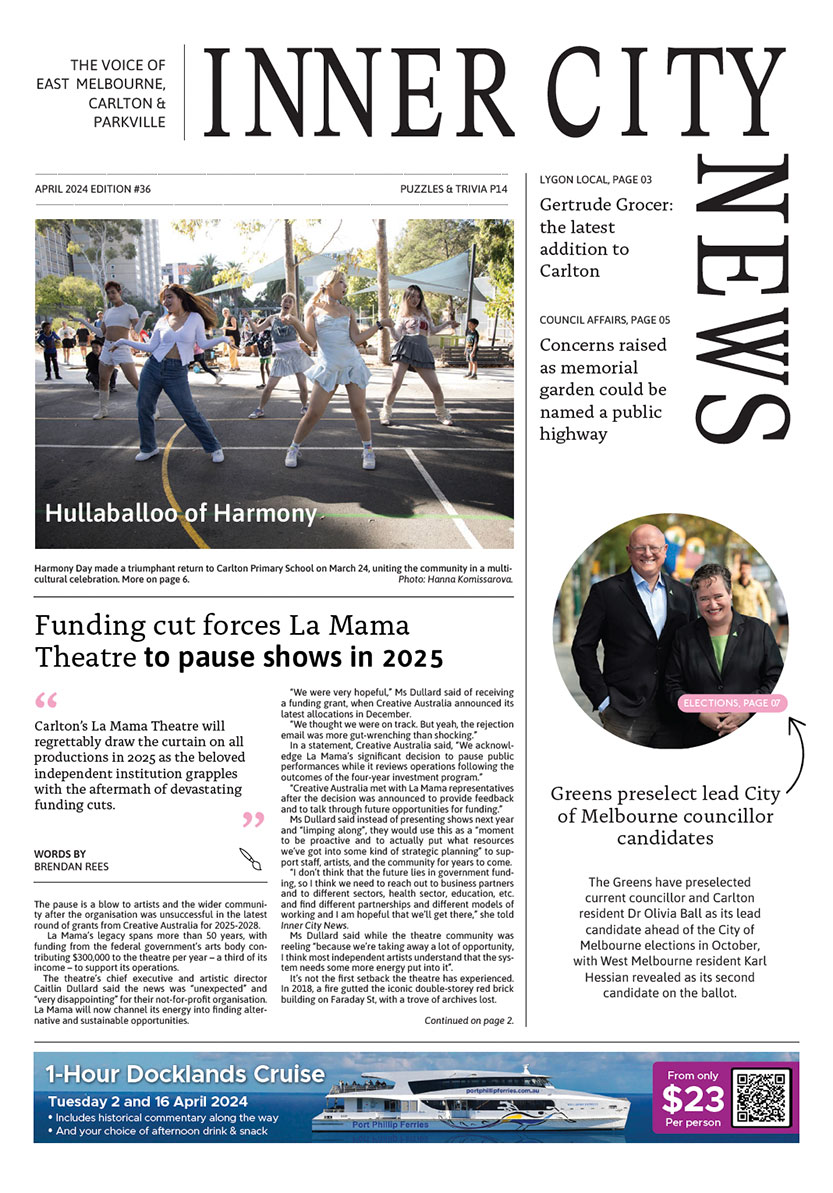Refugees held in Park Hotel resettle in the US
Words by Matt Harvey
Detained refugees who faced uncertain futures in detention inside The Park Hotel have started to be evacuated overseas, as part of a refugee resettlement deal that was delayed due to COVID-19.
Arrangements to resettle detainees from detention on Nauru and Papua New Guinea’s Manus Island, as well as those who have been transferred back to Australia for medical reasons, were made in September 2016, under the Obama administration.
In September 2016 the US intended to resettle 110,000 refugees in fiscal year 2017, although this figure was significantly reduced under the Trump administration, at its lowest reaching 15,000 refugees.
These numbers were sustained by the Biden administration for fiscal year 2021.
Refugee detainee Hamid Yousefi was sent to Manus island in 2013 before being medically evacuated to Victoria in 2019, only to be kept in hotel detention for two more years.
“I came again to Australia in 2019 with Medevac treatment. When I came to Australia, I told myself ‘Hamid, all the hardships are over’ but this was my hardship again. I spent nearly two years in a hotel prison in Melbourne,” Mr Yousefi said.
Despite arriving initially in 2013 Mr Yousefi’s refugee status was not officially recognised until 2015, two years after his arrival and two years before the deal would be struck with the US.
Mr Yousefi was one of two refugees recently evacuated from hotel detention and resettled in Atlanta, Georgia after eight years of detention.
The removal of these two refugees still leaves more than 30 refugees within the Park Hotel detention centre facing an uncertain future.
Former US Deputy Secretary of State Heather Higginbottom has stated the US agreed to the arrangement in order to “relieve the suffering of these refugees.”
The US will pay for the costs of resettlement, including flights and accommodation.
The United Nations High Commissioner for Refugees (UNHCR), Filippo Grandi, previously endorsed the arrangement “in light of the acute humanitarian situation” and stated that UNHCR “has no other choice” but to endorse the deal in order to avoid prolonging the uncertainty faced by refugees on Manus and Nauru.
UNHCR went on to note that such endorsement “does not alter Australia’s obligations under international law, including the right to seek asylum irrespective of the mode of arrival.”
Amnesty International described the announcement as “an extreme step in shirking responsibility by the Australian Government,” while noting that the US would give resettled refugees a genuine chance at restarting their lives in a safe place.
“I came to America on June 21 this year. [It was a] golden day of my life and the day of salvation from all past hardships. I still can’t believe it and every day I think of my friends who are stuck in the limbo of Australian government,” Mr Yousefi said.
“I’m having hard time in America but I’m happy to be free like all human beings in the world and I beg the Australian government to release my innocent friends.” •

Carlton language school championed by Ukrainian refugee






 Download the Latest Edition
Download the Latest Edition